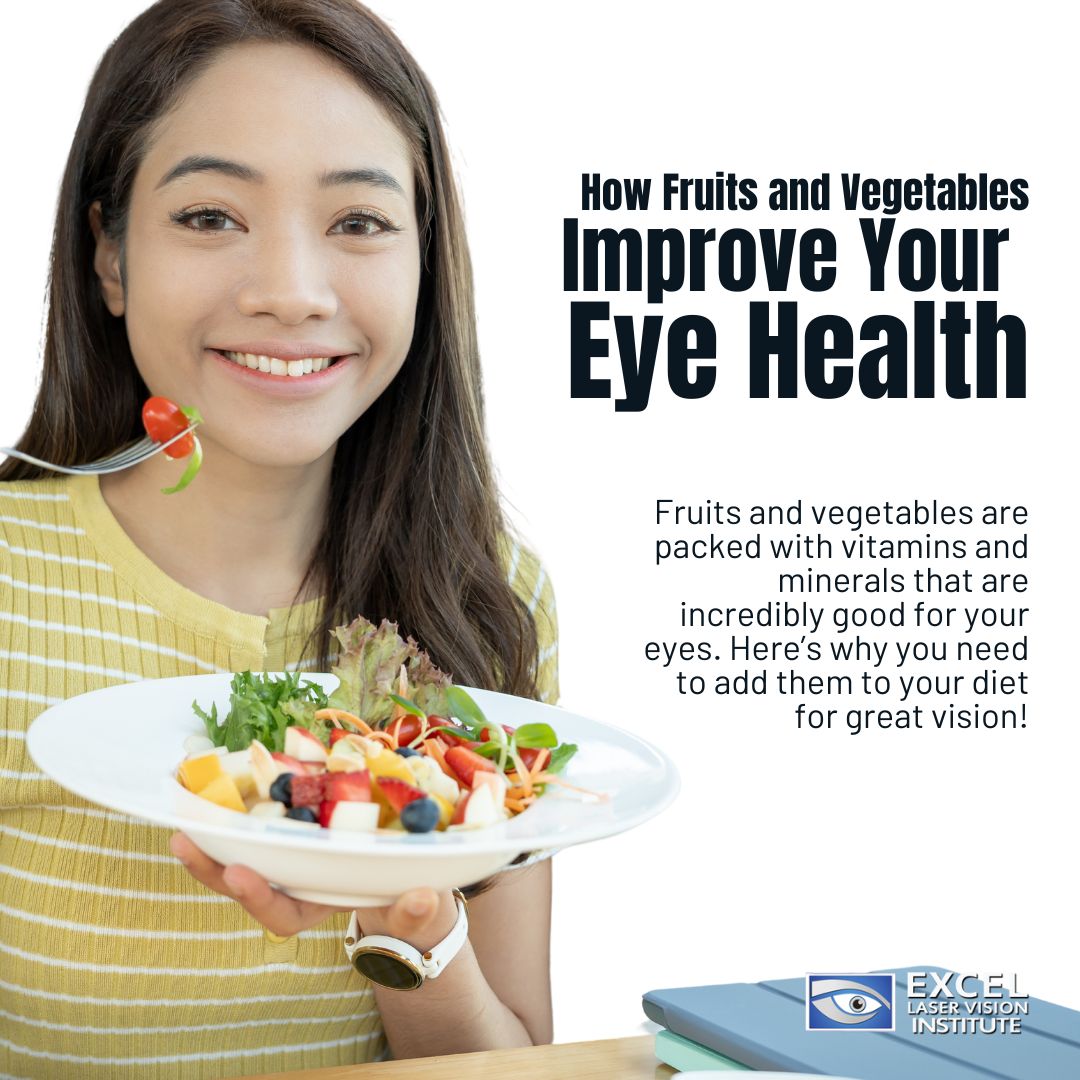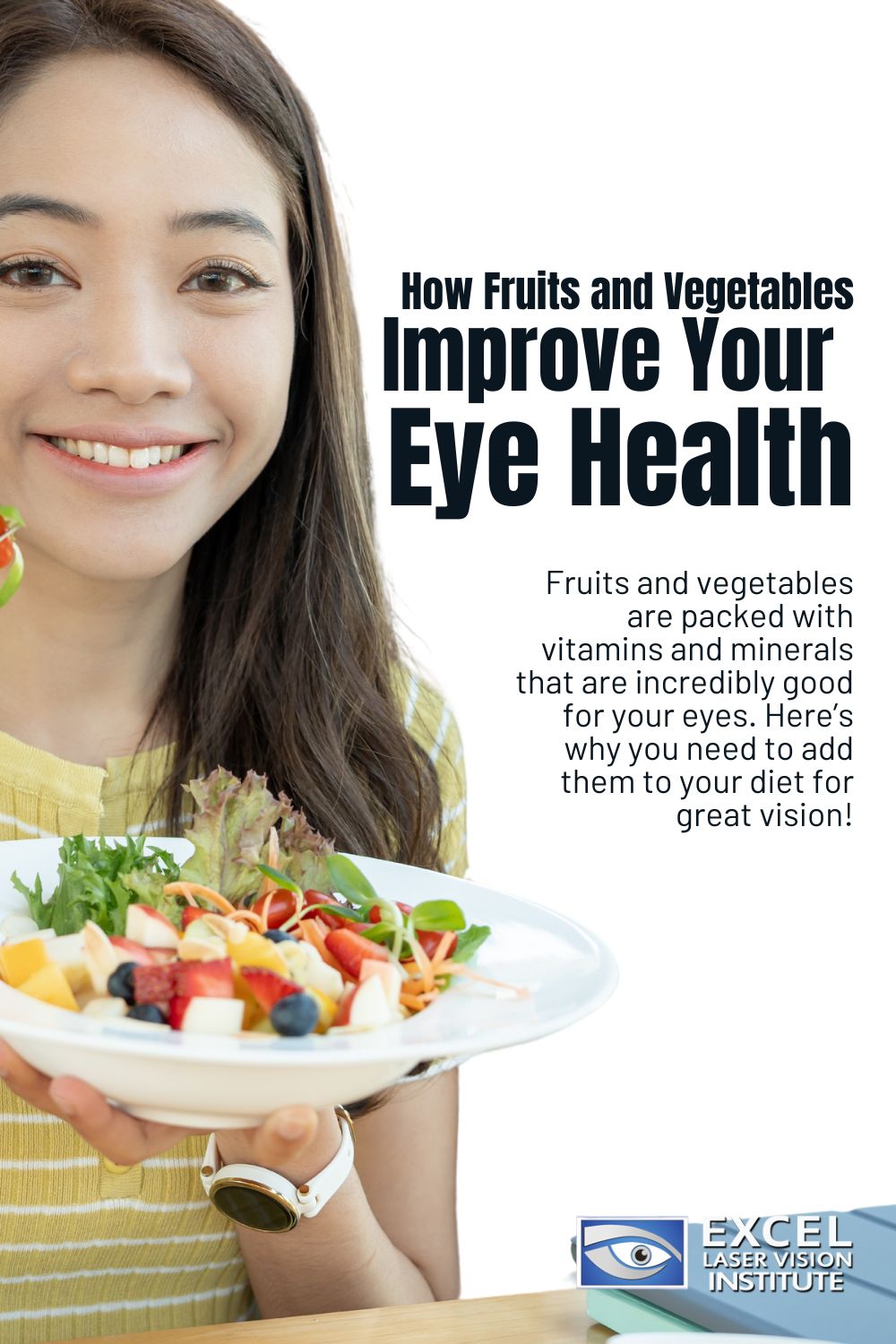
Our eyes, often described as windows to the soul, are vital organs that allow us to perceive the world around us. Beyond their metaphysical significance, our eyes also perform complex physiological tasks, and just like other organs in our body, they can benefit significantly from a balanced diet, particularly one rich in fruits and vegetables.
Nutrient-Rich Compounds
Fruits and vegetables are packed with essential vitamins, minerals, and other phytonutrients that promote eye health. One of the most vital nutrients for the eyes is Vitamin A. Found in abundance in carrots, sweet potatoes, and dark leafy greens such as kale and spinach; Vitamin A is crucial for vision. It is a highly essential component of the protein rhodopsin, which helps the retina to absorb light. A deficiency in Vitamin A can cause night blindness and more severe vision issues if not addressed.
Powerful Antioxidants
Oxidative stress can be detrimental to the eyes. Fortunately, fruits and vegetables come loaded with antioxidants like Vitamin C, Vitamin E, and beta-carotene. These compounds protect the eyes from dangerous free radicals and minimize the risk of age-related macular degeneration (AMD) and cataracts. Foods rich in these antioxidants are citrus fruits, berries, nuts, seeds, and bell peppers.
The Magic of Lutein and Zeaxanthin
Lutein and zeaxanthin are carotenoids found primarily in green leafy vegetables, corn, and eggs. These compounds are concentrated in the retina, and their intake is associated with a minimized risk of chronic eye diseases, including AMD and cataracts. They act as a natural sunblock, protecting the eyes from dangerous high-energy light waves like ultraviolet rays.
Zinc: The Shielding Mineral
Zinc is an essential mineral found in high concentrations in the eyes, especially the retina. It plays a pivotal role in keeping up the health of the retina and may help prevent AMD. Foods rich in zinc include beans, peas, lentils, nuts, seeds, and whole grains.
Bioflavonoids for Extra Protection
Citrus fruits and berries carry bioflavonoids, which are believed to boost the health of the eyes by protecting against cataracts and AMD when consumed with Vitamin C.
Omega-3 Fatty Acids
While not exclusive to fruits and vegetables, Omega-3s, found in flaxseeds, walnuts, and oily fish, help with visual development and retinal function. They can also alleviate symptoms of dry eye.
The Hydration Factor
Fruits like cucumbers and watermelon have high water content. Adequate hydration is essential for maintaining the moisture level in the eyes and preventing dry-eye syndromes.
Please Remember
Incorporating a colorful array of fruits and vegetables into our diet can ensure that we get a mixture of these eye-benefiting compounds. Regular consumption not only supports good vision but can also help delay or prevent chronic eye diseases, keeping our eyes healthier for longer. Besides dietary intake, adopting a holistic lifestyle with regular eye check-ups, protecting eyes from excessive screen time, and using sunglasses to protect from UV radiation can further enhance eye health.
Conclusion
In conclusion, our eyesight is a precious gift, one that many of us take for granted until issues arise. By recognizing the incredible power of fruits and vegetables in maintaining and enhancing eye health, we can make informed dietary choices that benefit not only our vision but our overall well-being. So, the next time you savor a crunchy carrot or relish a bowl of berries, remember you are not just satisfying your taste buds but also gifting your eyes a dose of health and vitality.
Read the related blog here: https://www.exceleye.com/2022/10/21/best-foods-to-strengthen-your-eyes-before-getting-lasik/




